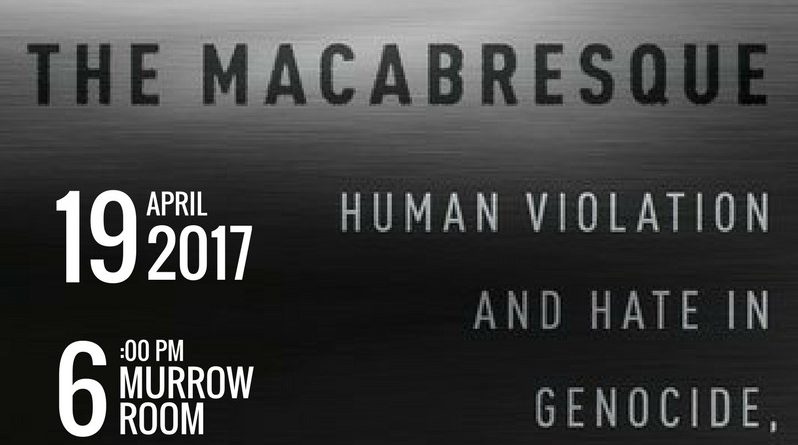The Macabresque
The Henry J. Leir Institute for Human Security and the World Peace Foundation are pleased to welcome Professor Edward Weisband for a discussion on his new book, The Macabresque: Human Violation and Hate in Genocide, Mass Atrocity and Enemy-Making.
In his new book, Professor Weisband looks at different episodes of mass violence — Chinese Cultural Revolution, the Holocaust, post-Ottoman Turkey, Cambodia, Rwanda, and Bosnia, among other instances — to consider why different methods of violence were used in each and how they related to the particular cultural milieu in which they were perpetrated. He asserts that it is not accidental that certain images capture our memory as emblematic of specific genocides or mass atrocities (the death marches of the Armenian genocide, mass starvation in the Ukraine, the killing apparatus and laboratories of the Holocaust, the killing fields of Cambodia) because such violence assumes a kind of style each time and place it arises. Weisband looks at these variations in terms of their aesthetic or dramaturgical style, or what he calls the macabresque. By understanding how and why mass violence occurs and the reasons for its variations, The Macabresque aims to explain why so many seemingly normal or “ordinary” people participate in mass atrocity across cultures and why such egregious violence occurs repeatedly through history.
Professor Weisband is a political scientist, and author of several books including “Political Culture and the Making of Modern Nation-States” (with Courtney I. P. Thomas) and “Global Accountabilities: Participation, Pluralism, and Public Ethics” (co-edited with Alnoor Ebrahim).
Thursday, April 19, 2018
6:00 p.m.
Murrow Room

